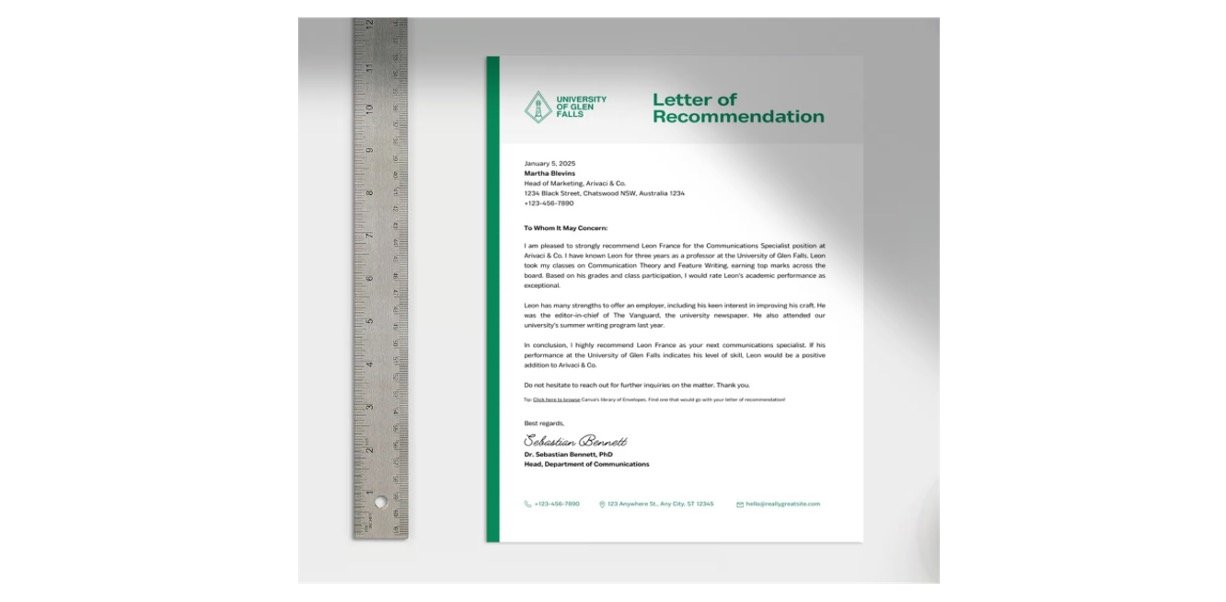Table of Contents
How to Start PhD Even if You Don’t Know Anything?
All you need to know for starting a PhD is that you’re inclined towards research. Barring that, you can enter PhD as a beginner willing to learn.
Somebody once told me that it is easier to learn than unlearn and relearn. So, it’s better in some way that you consider yourself a student rather than a person who knows everything.
How to Start PhD? Ist Step
Based on which stream you want to dedicate your time to, you choose your university, your supervisor and research group. This choice is of utmost importance because it decides the course of your academic career from then on.
You should choose a subject area that appeals to you and which you would like to unravel. As for the supervisor, you should read up on the scientific works of the person, see if the research done resonates with your interests. And definitely have a conversation to see whether you’re comfortable with the association.
It’s also important to familiarize with people from the research group, both present and past members. A friendly chat might tell you a lot about the lab and its work culture.
This exercise will help you decide whether you fit well into the group. After all, the lab you choose will be reflected in your career graph and the people you meet in this journey will remain your peers.
How to Start PhD? IInd Step
Once you’ve decided the lab you want to work in, the next important decision is with respect to PhD project. Often, the supervisor decides this for you based on say, a recently-awarded grant or an ongoing project that requires a pair of hands, or a completed project which has given rise to new research questions.
Sometimes however, the supervisor might ask you to propose a project. One way to approach this is to go through the research that the lab has been doing over the years and talk to lab members about ongoing projects.
If you find anything particularly interesting, you might want to follow up on any of these. Else, you may also propose a new idea based on the technical expertise of the lab and the resources available.
How to Start PhD? 3rd Step
Once you select a project, it’s imperative that you read up on the scientific literature available on that. A liking for reading scientific articles (and reading in general) is something you need to develop, if you do not already have it.
It’s perhaps the most important starting point for a PhD. It is crucial you know the findings in the topic of interest, and the chronology of discovery in the field. That would include the history of scientific innovations in the field and recent articles reporting updates on ongoing research.
Having a sound knowledge about these will enable you to frame your research question. This might be based on a loophole that you identify in the current literature or an improvement you envisage.
A thorough knowledge about the field will help you stay away from reinventing the wheel by working on something that has already been reported and will let you undertake your research on a currently trending question.
If it so helps, you could start by going through reviews on your topic of interest and then start reading cited articles. You will be able to refer to relevant articles as you come across them during your reading.
In due course of time, you should evolve your style of reading, for instance, check if you can look at data figures and comprehend the results without going through the text. You could also practice writing data- interpretation and tallying them with published explanations.
Embarking the PhD Journey
PhD being the highest academic degree, it’s often selected as career path by students who fare well in their graduation and post-graduation. So, if you are embarking on a PhD journey, chances are that you have had an aptitude for academics throughout and that you know your broad subject area well.
This is definitely advantageous, but it should remain a positive support during PhD and not become a hurdle in your learning.
Meaning that you should not be over-confident of your academic results till date because you need to realize that PhD is nowhere close to the pattern of study you’re used to: giving examinations and passing them to earn a degree.
PhD requires a different kind of rigor and willingness to learn and apply knowledge. There are no set rules or syllabus to work with. Neither is there a timetable for classes.
You need to be your own teacher, and guardian. You are the one to plan daily work and ensure it gets accomplished. Self-discipline is critical for starting and sustaining PhD.
A Good Working Style is a Great Start for PhD
As they say, a good beginning is half the battle won. You need to be organized, and more importantly, focused during PhD. No matter how you divide time between work and personal life, you should not lose focus of your PhD target.
Both short-term and long-term. Short-term goals are your daily experiments, and long-term target is the far-sightedness of the experiments required to be done for the completion of your project.
A good working style is a great start for PhD and a good habit during the course. Good working practices include taking down notes while you work, and while you listen to presentations.
You should aim to imbibe something from every experience. For instance, if you appreciate a speaker in a seminar, ask yourself why you liked the talk.
Why was the presentation so engaging?
Likewise, if you failed to concentrate in a talk, ask what caused you to lose attention.
Was it because of how the talk was delivered?
Or was it because you need to improve on your listening skills?
Asking yourself these questions will let you understand the do’s and don’ts of presentation-making. It benefits if you attend not just seminars from your genre of work, but also any scientific talk.
If you can listen attentively and understand talks on unknown topics, then it is a fantastic skill that builds your sense of logic and reasoning.
Networking is a Great Skill that Comes Handy During PhD
A good way to start working on a project is to follow up your literature survey with working on bench, trying to reproduce some good old data.
You could choose any piece of data that has been shown to be reproducible in multiple articles and something that is a gold standard for a set of experiments, this could be an oft-used positive control.
To be able to repeat the experiment, you’ll need to learn the technique and perform it. Being able to reproduce the data will give you the much-needed confidence required by a beginner who knew nothing.
Moving on, you should try to master as many techniques as you might anticipate using during your PhD, or whatever techniques you get an opportunity to learn.
Networking is a great skill that comes handy during PhD. You might want to befriend peers from neighboring labs, and technicians managing departmental instruments.
Such association will enable you to learn new techniques, often beyond the scopes of your own lab. Your learning need not and should not stay limited to hands-on bench experiments but should also include learning software and data analysis tools.
When you have a deadline for analyzing a huge set of data, that should not be the time you start learning from scratch. Instead, it helps if you are open to embrace new technology and utilize your time learning new things.
.... utilize the long PhD time fruitfully ...
While you learn and practice, give yourself the freedom to make mistakes. Do not put unwarranted burden on yourself to excel the first time you try anything.
PhD is usually a long duration of time, and students often refrain from exploring new territories in fear of wasting precious time.
On the contrary, the approach should be to utilize the long PhD time fruitfully. Accept that learning something new might take time and have the patience to give yourself the time.
Learn from the mistakes you make, take notes of where you went wrong, and reflect upon how you could better it. You need not always work for publishable quality data; you need to instead work towards reliable and reproducible data.
If that requires you to take time off from bench and think about experiments, possible improvements, ways of redeeming etc., then you should go ahead and give yourself the much-needed break form bench-work.
It is essential to be both methodical as well as adventurous during your PhD. You could work according to your set schedule, and function to achieve perfection. But that might not always happen.
In case of failure to comply with your planned experiment for whatever reason, you should not lose zeal; instead, you should try to be creative to solve the problem and be prepared to take on risks and unplanned measures. Students often prefer to have alternate project ideas in case the current project fails to turn out as hypothesized.
Knowing nothing is expected to awaken the learner in you. That coupled with a positive attitude to learn and apply knowledge is what makes a great start for PhD.
Share












